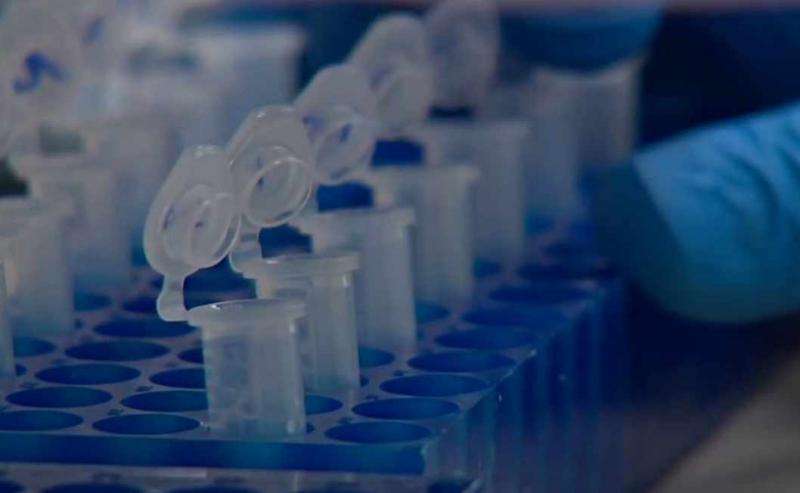Researchers reduce stem cell dysfunction and metabolic disease in aged mice

Mayo Clinic researchers have taken what they hope will be the first step toward preventing and reversing age-related stem cell dysfunction and metabolic disease. That includes diabetes, which affects 12.2 million Americans age 60 and older, according to the National Council on Aging. In this study, researchers discovered methods for reducing these conditions in naturally aged mice. Their findings appear in the online journal eLife.
"Our work supports the possibility that by using specific drugs that target senescent cells—cells that contribute to frailty and disease associated with age—we could stop human senescent cells from releasing toxic proteins that are contributing to diabetes and breakdowns in stem cells in older individuals," says James Kirkland, M.D., Ph.D., director of the Mayo Clinic Robert and Arlene Kogod Center on Aging and senior author of the study.
Researchers from the Center on Aging found that human senescent fat cells release a protein called activin A that impairs the function of fat tissue stem cells and fat tissue. They discovered an activin A increase in the blood and fat tissue of the aged mice.
Treatment with Janus kinase (JAK) inhibitor drugs in aged mice, equivalent to 80-year-old people, decreased the amounts of activin A and partially reversed the fat tissue insulin resistance that contributes to diabetes in old age. In aged mice that are engineered to express a drug-activated gene in their senescent cells (called INK-ATTAC mice) treatment triggering the gene removed senescent cells, decreased activin A and increased the proteins that promote insulin sensitivity and reduce diabetes. This paralleled effects of the JAK inhibitor in normal, naturally aged mice.
"The treated animals had improved glucose and insulin tolerance tests, tests that indicate the severity of diabetes," Dr. Kirkland says. "Our work suggests that targeting senescent cells or their products could be a promising avenue for delaying, preventing, alleviating or treating age-related stem cell and tissue dysfunction and metabolic disease."
More information: Ming Xu et al. Targeting senescent cells enhances adipogenesis and metabolic function in old age, eLife (2015). DOI: 10.7554/eLife.12997

















